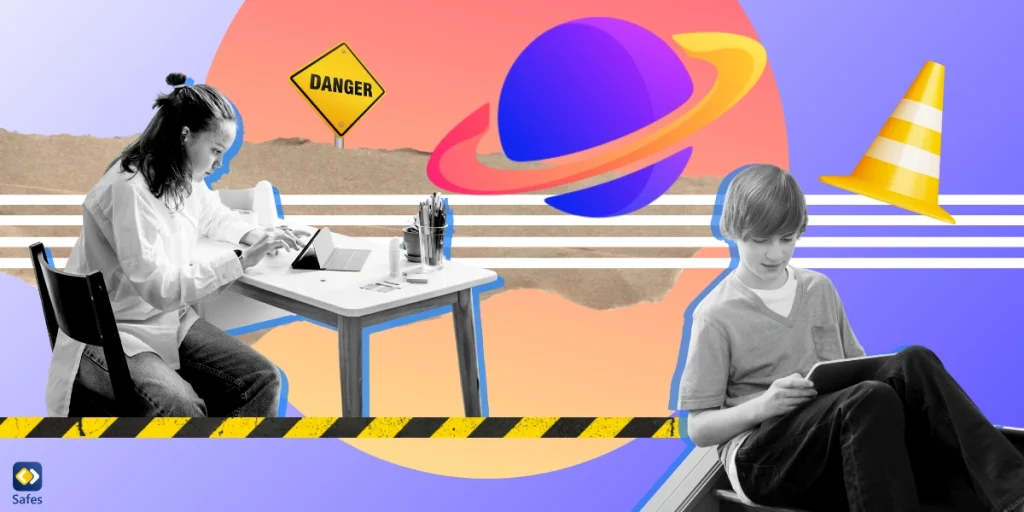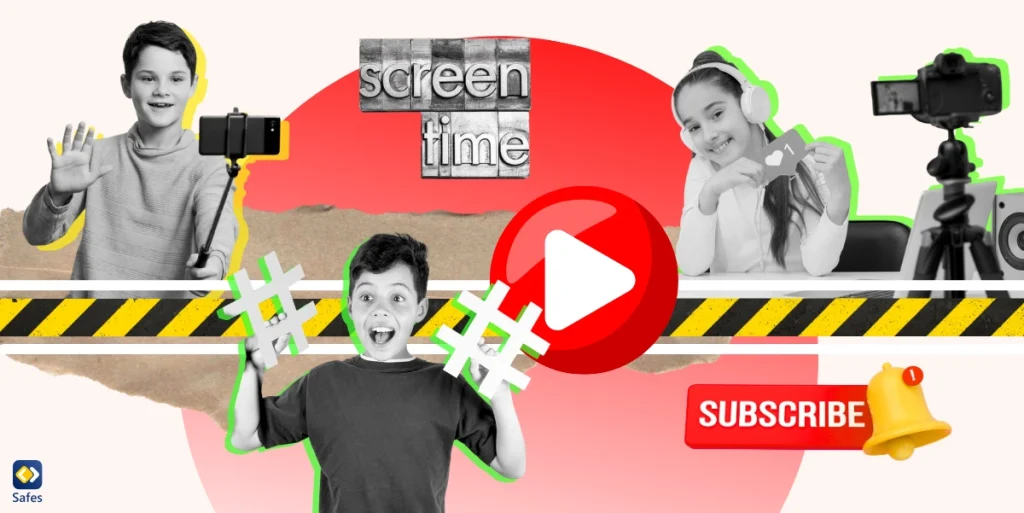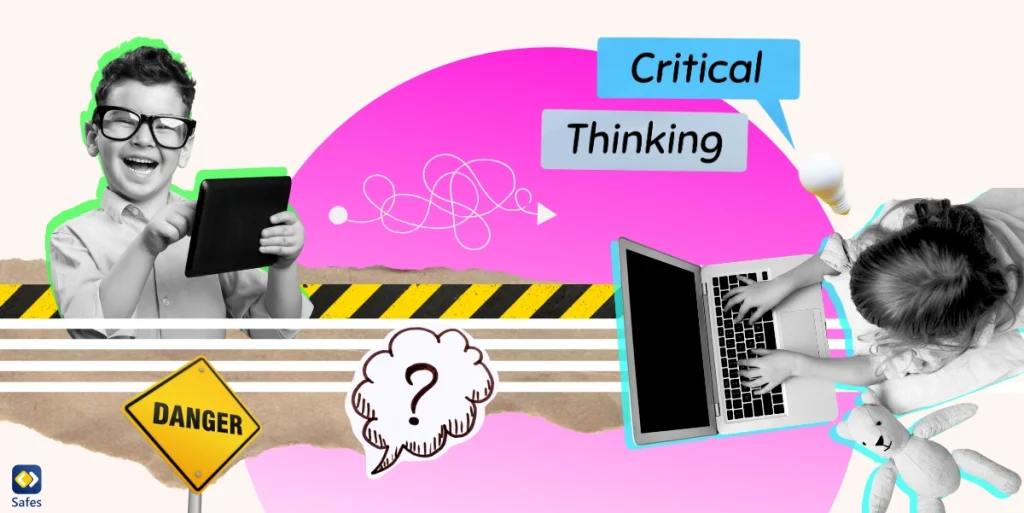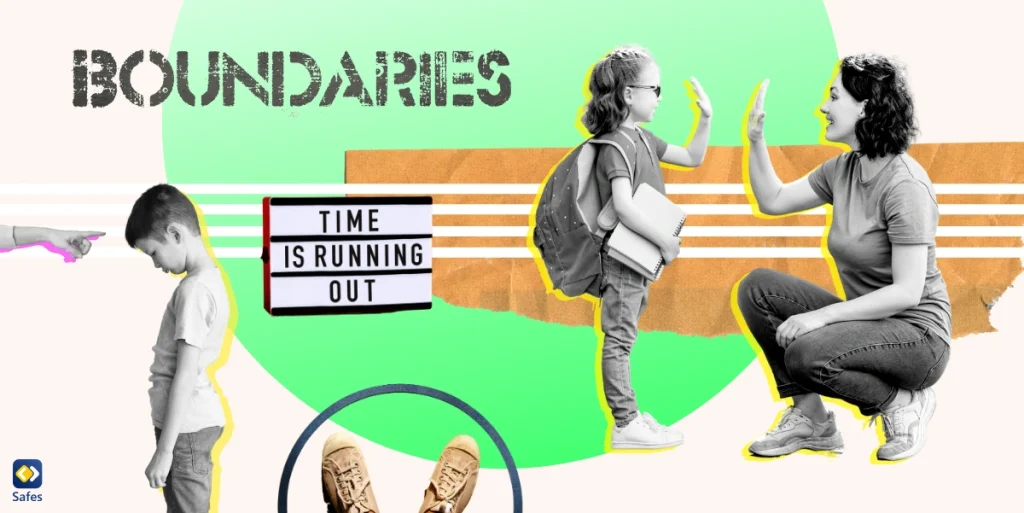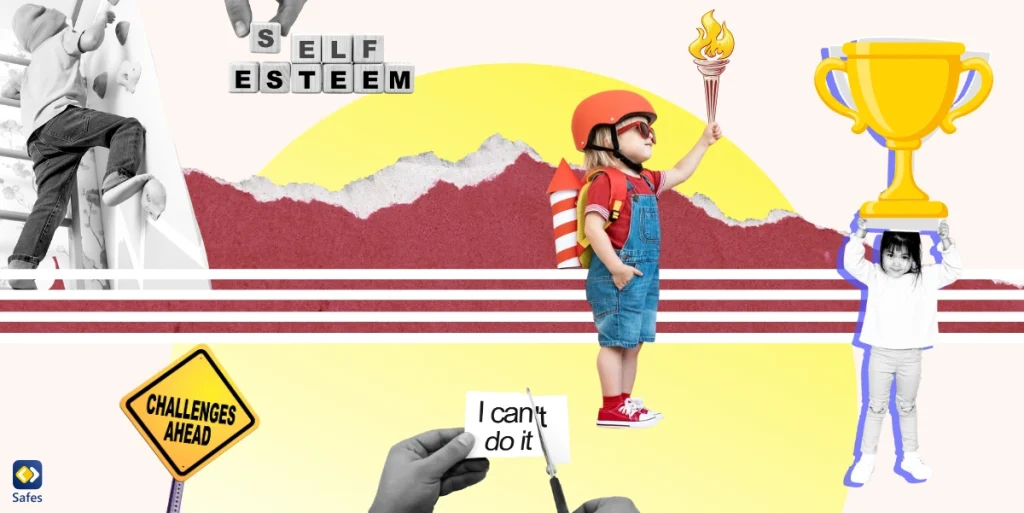In today’s digital age, navigating the safety of mobile applications, especially those designed for younger users like high school students, is a concern for parents and educators. This concern echoes in the minds of many, as the Saturn school app strides into the spotlight. This app, tailored to enhance the high school experience by integrating academic and social elements, brings with it a mix of innovation and potential risks. Is Saturn app safe? Let’s delve into the intricacies of the Saturn App, evaluating its features and the safety concerns it poses.
What is Saturn App?
Remember the days of juggling class schedules, extracurricular activities, and social meet-ups in high school? According to the Saturn App website, those days are over! Developed by Saturn Technologies, this app is a digital solution specifically crafted for high school students. Saturn combines the practicality of a calendar app with the interactivity of social media, offering a one-stop platform for managing school life in real-time. Saturn claims to be a school-specific social media tool designed to keep students organized and connected with their classmates.
Can I Download Safes on My Android Device?
While the app has always been available for iOS users, those wondering if the Saturn schedule app is available on Android will have to wait. Currently, the Saturn app is exclusively available on Apple’s App Store. This exclusivity means Android users have to wait for the Saturn Andoird app to experience what it offers for managing school schedules and activities. For further insights on how app availability across different devices influences social dynamics in schools, explore our in-depth post, “Green Bubble vs. Blue Bubble.”
What Can I Do With Saturn?
The Saturn app offers a range of features aimed at organizing and enhancing the school experience for high school students. Here is a brief overview of its key functionalities:
- Class Schedules and Assignments: Allows students to input and track their class schedules.
- Group Chats and Collaboration: Offers a platform for students to collaborate on projects and discussions.
- Social Media Integration: Enables linking with social media like Instagram and Snapchat accounts.
- Real-Time Countdown Timer: Provides updates on the time left for classes and activities through a feature the app calls “Countdown.”
- Event and Extracurricular Management: Helps manage extracurricular activities and events alongside students’ schedules.
- School-Wide Announcements: Facilitates sharing of school-wide announcements and events.
Concerns Regarding User Safety and Privacy in the Saturn App
While “Saturn: Time Together” positions itself as a helpful school schedule app, its nature as a social media platform cannot be overlooked. This dual identity raises important questions about user privacy and safety, especially for high school students and their school community.
The safety concerns of Saturn are not just theoretical musings. They were brought into sharp focus by the experience of Chris Cullum, a Facebook user who detailed various security issues related to Saturn. His post underscores the real-world apprehensions parents and educators have about the app’s safety protocols.
Verification Process: Not Foolproof
Despite recent efforts to improve safety through a verification process, concerns linger. The process, involving verification via school-issued email addresses and not just something like a phone number, aims to ensure that only verified users, specifically students, can access and interact within the app. However, this system isn’t foolproof. There are instances where the verification can be bypassed or manipulated, allowing potentially unverified users to access student schedules and personal information. This loophole could pose risks, especially in a high school setting where personal safety is paramount.
Data Collection: A Hidden Concern
A significant yet often overlooked aspect of Saturn’s functionality is its data collection practices. Like many digital platforms, Saturn gathers user data, which may include personal information, usage patterns, and preferences. This raises questions about how this data is stored, used, and shared, especially considering the young age of its primary users. The lack of transparency in data handling could lead to privacy breaches or misuse of personal information. Parents and educators need to be aware of these data practices to make informed decisions about the app’s use in their communities.

Personal Information: How Much Is Too Much?
The integration of social media platforms like Snapchat within Saturn adds another layer of complexity. Students can link to their social media accounts, potentially exposing more personal information than intended. While the app allows users to make their profiles private, effectively hiding schedules and social media links from unverified eyes, this privacy setting is not the default. Many students (and their parents) might not be aware that they need to manually activate these protections.
Friend Requests and School Community Interactions
The ability for users to send friend requests within the school community adds another dimension to the safety discourse. While this feature aims to foster connectivity, it also opens avenues for potential misuse. The app’s nature, which allows students to share detailed aspects of their school schedule, might inadvertently aid in unwanted tracking or contact, posing a real challenge to student privacy and safety.
Risk of Cyberbullying: A Persistent Threat
Another area of concern is the potential for cyberbullying within the Saturn social media app. Given its social media characteristics and the ability to interact with peers, there is always a risk of harmful behavior, harassment, or bullying. Saturn claims to have robust community guidelines and reporting mechanisms to address such issues. However, Saturn app reviews highlight that the effectiveness of these measures depends largely on their implementation and the responsiveness of the app’s moderators. The potential for cyberbullying adds another layer of complexity to the app’s use in a school setting, where the well-being and safety of students are paramount.

Our Take: Caution and Communication
Saturn is known for its ingenuity in combining a school schedule management tool with social networking features, designed specifically for high schoolers. However, the line between utility and vulnerability is razor thin. Reviews often highlight concerns about privacy, the verification process, and the potential exposure of personal information. Parents have expressed unease about the ease with which schedules and social media accounts can be shared within the school community, potentially opening doors to unwanted interactions.
As parents and guardians, our primary role is to safeguard our children’s well-being, both in the real and digital worlds. The Saturn app, like many others, offers both opportunities and risks. While it can be a useful tool for students, it’s crucial to have open conversations with them about online safety, privacy settings, and the implications of sharing personal information. Additionally, it’s important to establish clear guidelines against engaging in cyberbullying, emphasizing respectful and responsible communication within the app. Monitoring app usage and staying informed about the latest updates and security features is also key.
Another important consideration for parents is the potential impact of the Saturn app on their teenagers’ sense of inclusion and social well-being. The app’s features might inadvertently contribute to feelings of FOMO (Fear of Missing Out), which is something parents should be mindful of. In the end, it’s not just about saying ‘yes’ or ‘no’ to an app but about empowering our kids with the digital literacy needed to navigate the digital world responsibly.
Safes: A Parental Control Solution
Concerned about your teenager’s engagement with the Saturn app? Consider utilizing parental control tools like iPhone parental controls for added security. But why not kick it up a notch with our parental control app, Safes? Available for both iOS and Android, Safes is your digital sidekick in safeguarding your teen’s online world.
Safes is your go-to for managing your teen’s app world. It allows you to block access to Saturn or any other apps you’re wary of. Alternatively, you can limit their app usage to specific times, ideally when you can supervise. Plus, Safes keeps you in the loop with alerts about questionable content, aiding in preventing cyberbullying and other social media pitfalls.
Interested in a safer online environment for your teens? Start with our Safes free trial and navigate digital parenting with confidence.
Conclusion
In conclusion, the app called Saturn presents a double-edged sword in the realm of high school digital tools. While it showcases innovative features for managing academic and social life, it also raises significant concerns regarding user privacy, data security, and potential cyberbullying. Parents, educators, and students must approach Saturn with a balanced perspective, weighing its benefits against the risks. Open communication about online safety, regular monitoring, and the use of additional parental control tools like Safes can help navigate these digital waters more securely.
